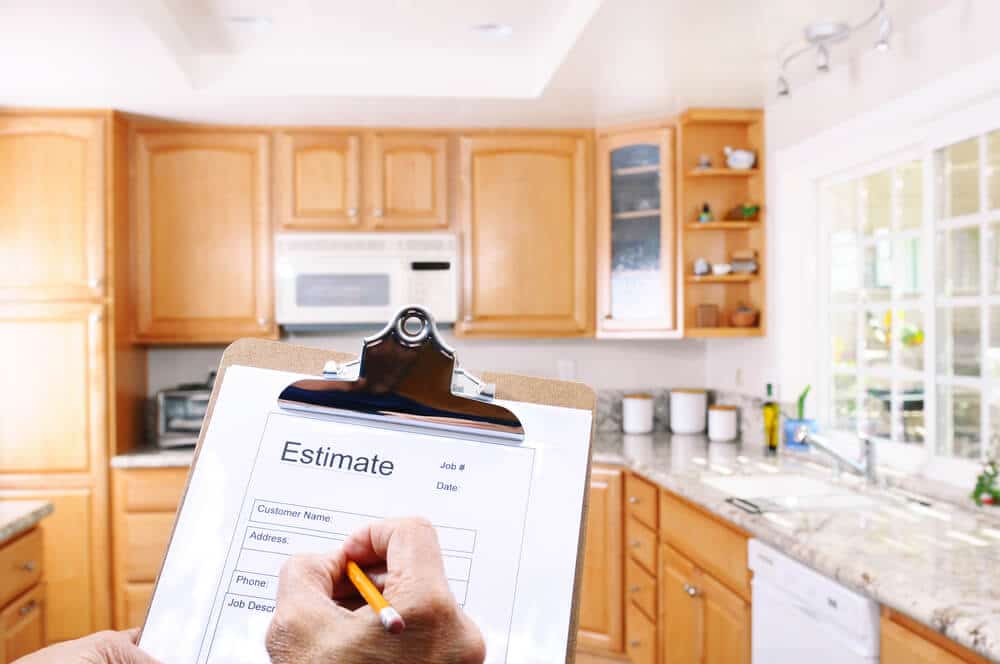

Whether you are building your dream home from scratch or adding a much-needed section onto your existing home, you have probably, at some point, wondered if you need to have a contract with your builder. After all, it’s true that and everyone makes mistakes, even the most skilled contractor, but is it necessary to have a contract? In short, the answer is yes; however, this decision will differ from person to person. For example, if you know the builder personally and feel you can trust them to fix any mess they make, you may decide to waive a contract. We will go a little deeper on the topic in this article, with the help of KST Building Services, a company of builders in London.
Why Is a Contract Important?
According to JD Supra, it is important for parties entering into any significant economic transaction to have written contracts. This is especially true for construction projects, which are naturally complicated.
There are two types of contracts you may have with your builder, a written contract and a verbal contract. A verbal contract is whatever terms you have discussed with the contractor. A written contract is more detailed and is also in writing, so if something does happen, it won’t be your word against theirs, it will be on paper with both parties’ signatures.
This way you don’t have to worry about a disagreement on the terms that were discussed in the beginning because they are in writing. In general, most problems can be avoided with a written contract.
Other benefits of a contract:
- It leaves fewer issues to dispute if it does end up in court for any reason.
- It controls how issues will be handled
- It helps guide both parties to comply with reasonable business procedures.
- It helps both parties consider and agree upon issues that are commonly encountered in the project. Without this, you could encounter major issues and disputes throughout the course of work.
What Should Be Included in the Contract?
Since a written contract should be thorough and precise, there are a lot of things that need to be included in it. There are three main aspects of any contract.
Price: Will there be a day rate, fixed price, or an estimate or budget set? This section should include how to value change; for example, what happens if there is a delay that will call for the builder to be onsite longer.
In this section, it should be clear whose fault the delay is and how it will be handled. Will you pay for the extra time the builder takes or will it be on them to make up for lost time?
It also covers when payments should be made. Will you pay as you go or make a lump sum payment when the project is completed? It is very important to include this to ensure that all parties agree on the payment details.
Timeline: The start and end date should be defined clearly. Otherwise, the builder may just work as they see fit and complete it in their own time.
This is the perfect place to provide for the opportunity to make amendments for any delays and decide how those delays will be dealt with.
Quality of work: This section clarifies the exact extent of the work and the quality standard that is expected and required as well as what the outcome will be if work is not preformed up to standard.
In this section, the possibility of design issues as well as who is responsible for fixing the issues in the desired design should be included. Don’t forget to include defects due to nature (rain, storms, or any other natural damage).
This list is non-exhaustive just to provide examples of the most important things to have in the contract. There are other things you should include, such as a third-party injury clause and anything else you see fit.
What You Should Know
Adding a contract into a construction project could be a sensitive matter. In fact, according to House Planning Help, some contractors are scared away by the idea of using a contract.
Instead of forwardly asking them if they are okay with the use of a contract, it may be better to say something along the lines of, “I intend to use a contract with this project, are you still on board?”
Ending Thoughts
Now that you know the importance of using a contract with your builder, you should have a clear decision on the matter.
A contract sets boundaries and reduces any problems or disagreement the two parties may have throughout the course of the construction job, gives you peace of mind and makes it fair for both parties, along with so many more benefits.
